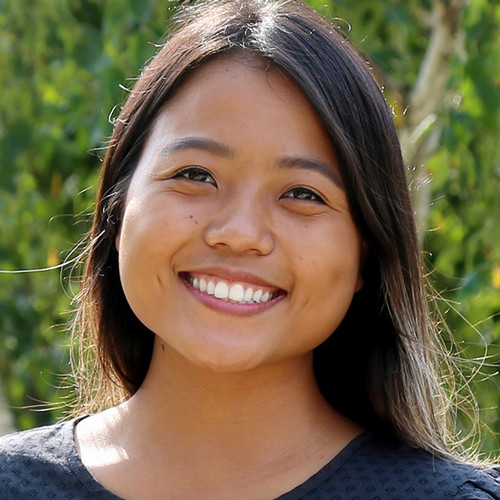 As I write this, we are two weeks away from finishing the Spring semester. Some of us are graduating, while others still have a semester or a year to go. Congratulations in advance to all of those who are graduating this year!
As I write this, we are two weeks away from finishing the Spring semester. Some of us are graduating, while others still have a semester or a year to go. Congratulations in advance to all of those who are graduating this year!
I’ll be one of the students graduating this year, and as I reflected on my student experiences at Heller, I thought about my learning experience in Political Ecology and Development class a lot. The course has taught me to look beyond surface issues and zoom in on issues in a way that allows me to think deeply about them and to question them critically. It taught me to look at things through a political ecologist lens, which means always being critical of the resolutions to world problems. The course covers topics such as environmental crisis, indigenous rights, famine, neoliberalism, capital disaster, etc. These topics are all relevant issues in the present day, as they continue to pose threats to our society.
While the resolutions to these presented issues may seem obvious, I have discovered the need to dissect each of the layers contributing to each issue. For example, when we hear the word “environmental crisis”, we immediately think about the carbon emissions and forest degradation that contribute to the crisis. As a result, we are likely to blame the growth of the population and developing countries for it. While these are all valid concerns about contributing factors to the environmental crisis, we must question who is coming up with those notions of the environmental crisis, and who really is contributing to the environmental crisis. For example, we should ask, “Who really contributes to carbon emissions and waste ?” The class provided different case studies that show the power of elites and capitalists in framing the issues in such a way that tends to blame the vulnerable population from the Global South while maximizing profits.
For example, many scientists believe cutting down trees and farming harms the environment, and in turn, many conservation agendas displace the regions’ indigenous population, demean their culture, and leave them in a more vulnerable place. But in some conservation efforts happening in Africa, we can see that there’s a better alternative: villages who engage in agriculture have healthy forests growing surrounding the villages. Thus, cutting down trees for farming under certain circumstances can actually be a good thing. Indeed, it benefits the environment as it is multiplying the forest. The government and outsiders play a critical role in deciding what is “good” or “bad” for the environment while neglecting the expertise of the villagers who have been farming for many decades.
The learning techniques and critical thinking associated with studying issues beyond the surface level are crucial for the learning process. In addition, it prepares you to become a person aligned with social justice and engage in work that eliminates inequality. Therefore, I highly recommend you take this class, if you ever want to experience a course that constantly challenges you to think critically and prepares you to become a real problem solver in the injustice system.
